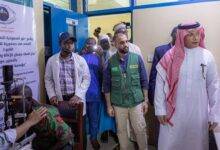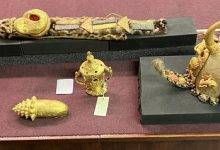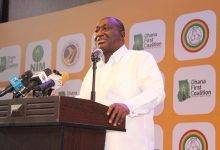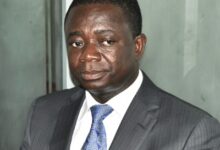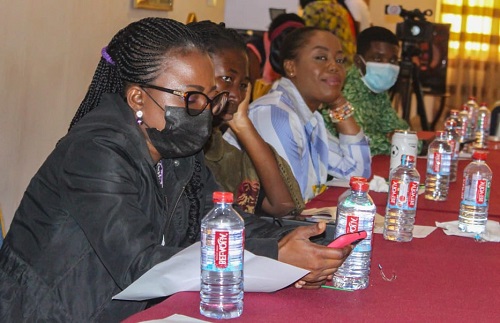
Religious organisations have been identified as major agents of stigma and discrimination against persons living with HIV (PLHIV), as cases continue to rise in the country.
At a day’s capacity building workshop for selected journalists on “the law and media reportage on Sexual and Gender-based Violence (SGBV)” in Accra, discussants called for intensified education among religious leaders to promote effective management and preventive lifestyles against the disease.
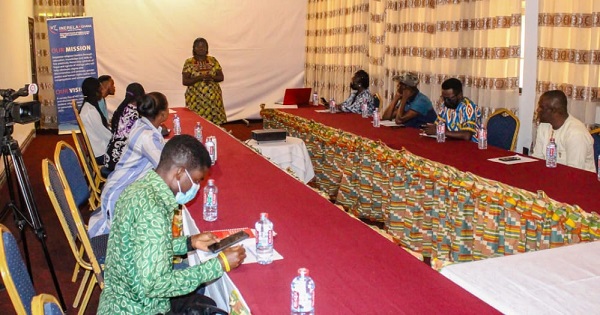
The workshop was organised by International Network of Religious Leaders Living with or personally affected by HIV and AIDS (INERELA+Ghana), a non-governmental organisation, with funding from the United Nations Women Trust Fund.
In a remark, the National Coordinator of Inerela-Ghana, Mrs Mercy Acquah-Hayford, said persons diagnosed with HIV were often branded as “sinners” and ‘outcasts’ within the religious space, thereby encouraging many to conceal their status and spread the virus while others lived in self-denial.
“Unlike other non-communicable and infectious diseases such as COVID-19 that easily kills, HIV gives you time to plan your life and live a normal life for years on medications, yet most of our pastors and Imams are very judgmental against PLHIVs instead of embracing and showing them love.”
Mrs Acquah-Hayford explained that while HIV could be transmitted through bodily fluids and the use of infected sharp objects, it was mainly spread through unprotected sexual intercourse and advised members of the public, particularly the youth, to be cautious in their sexual activities.
She urged religious leaders not to see persons with the condition as ‘evil’ but rather show them love.
The Board Chairman of the NGO, Assistant Commissioner of Police (ACP) Jones Blantari, said it was out of place for religious leaders to prevent would-be couples from marrying in the name of being HIV/AIDs positive.
He called on religious organisations to engage experts in the counselling of couples with the condition in order to protect their rights and reduce stigmatisation and discrimination.
“Asking would-be-couples to go and do HIV test during counselling should not be a must. Counselling is for people to make informed decision as to whether to go ahead with their marriage or not.
People may be positive and be on drugs which suppress the virus and when they are virally suppressed, it means they cannot transmit to another person and can bring forth a child who is HIV negative, so you should not impose your beliefs or opinions on them,” he said.
A licenced councilor at the Commission on Human Rights and Administrative Justice (CHRAJ), Paulina Louisa Essel, encouraged journalists to bring issues of SGBV to the fore and report accurately on them to reduce the menace in the country.
Recent data from the National STIs and HIV/AIDS Control Programme of the Ghana Health Service (GHS) indicates that a total of 23,495 people tested positive for HIV in the first half of this year; January to June.
The figure is two per cent of about 948,094 people who undertook HIV testing from January to June this year.
BY ABIGAIL ANNOH

